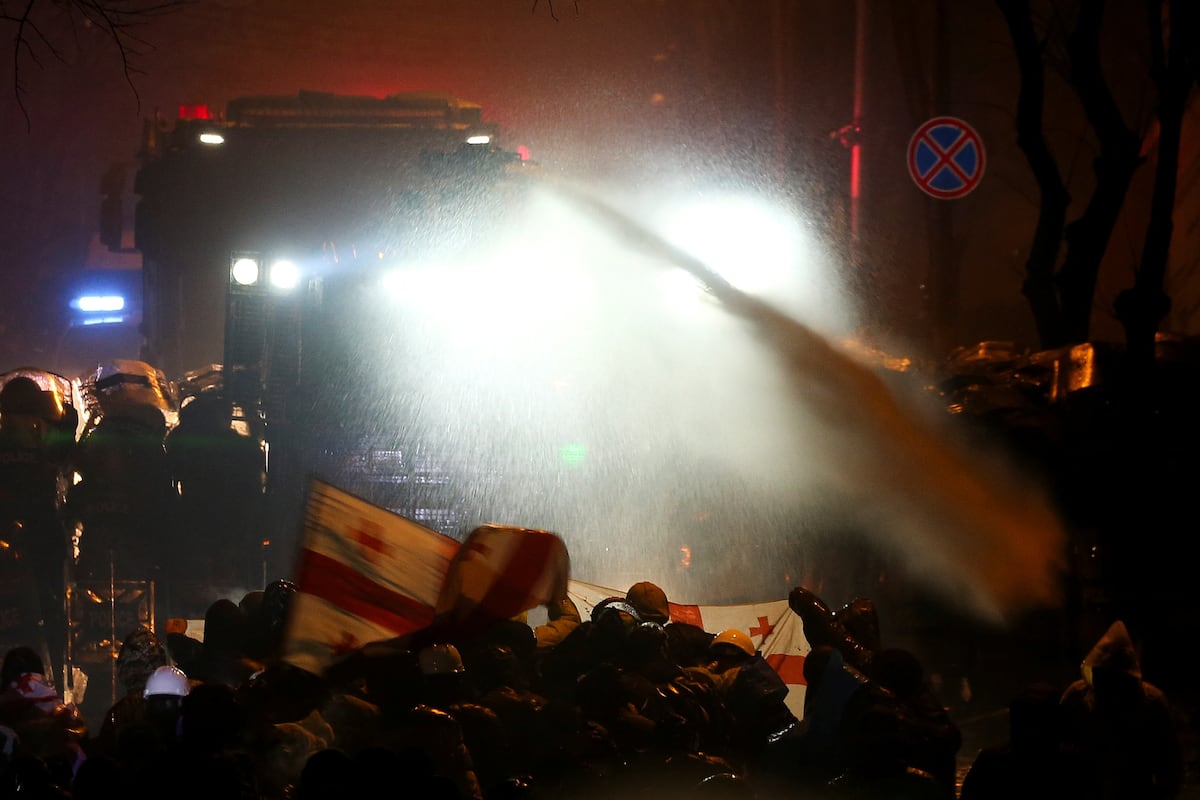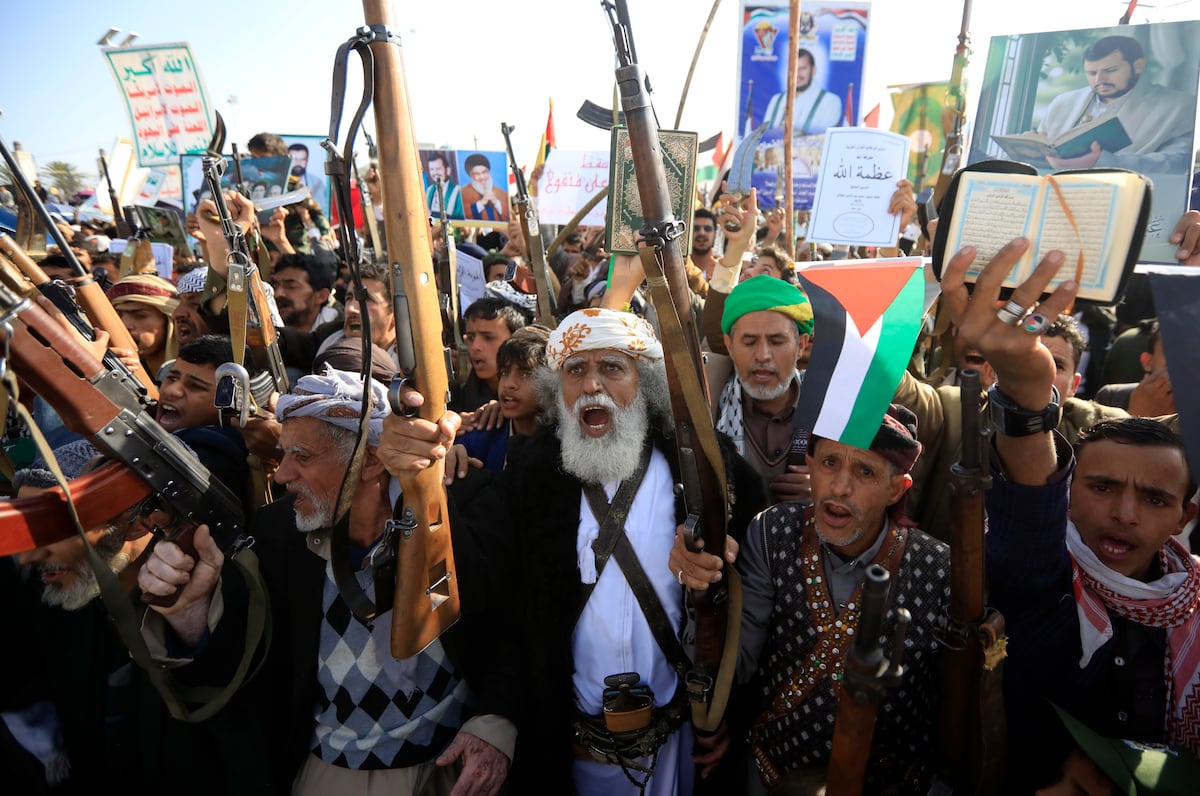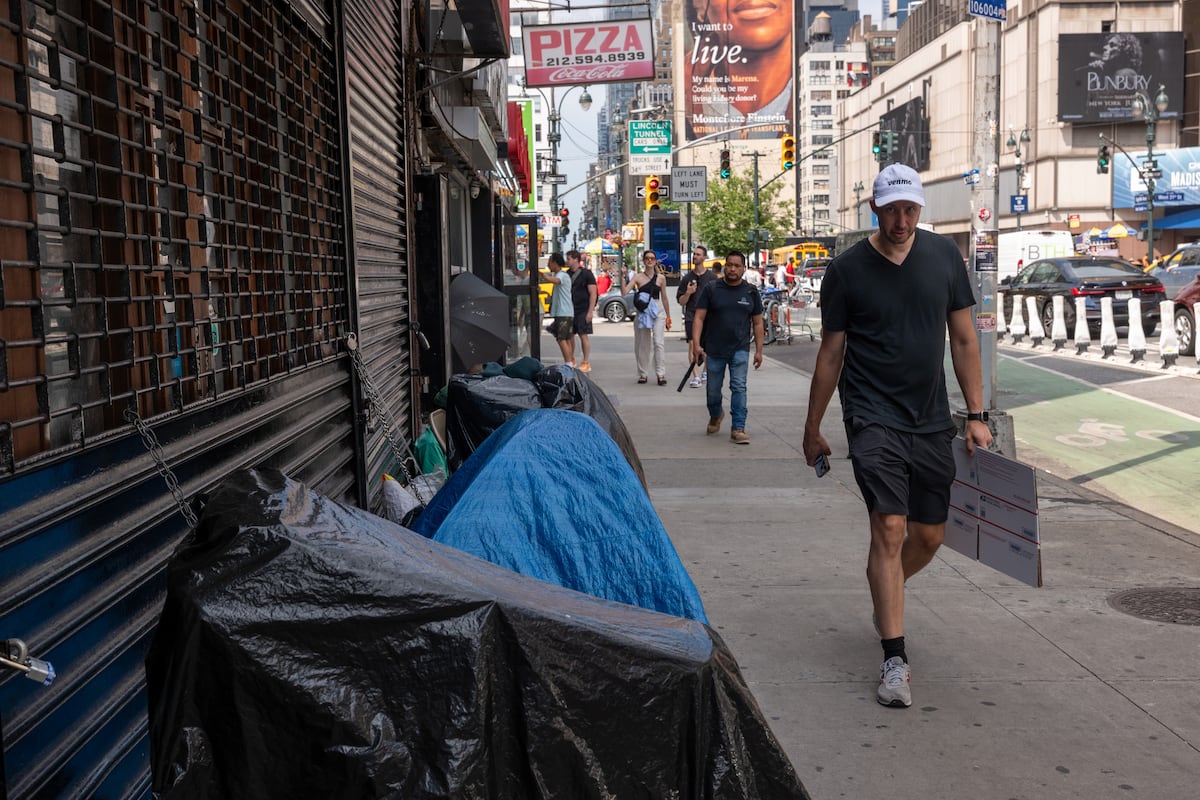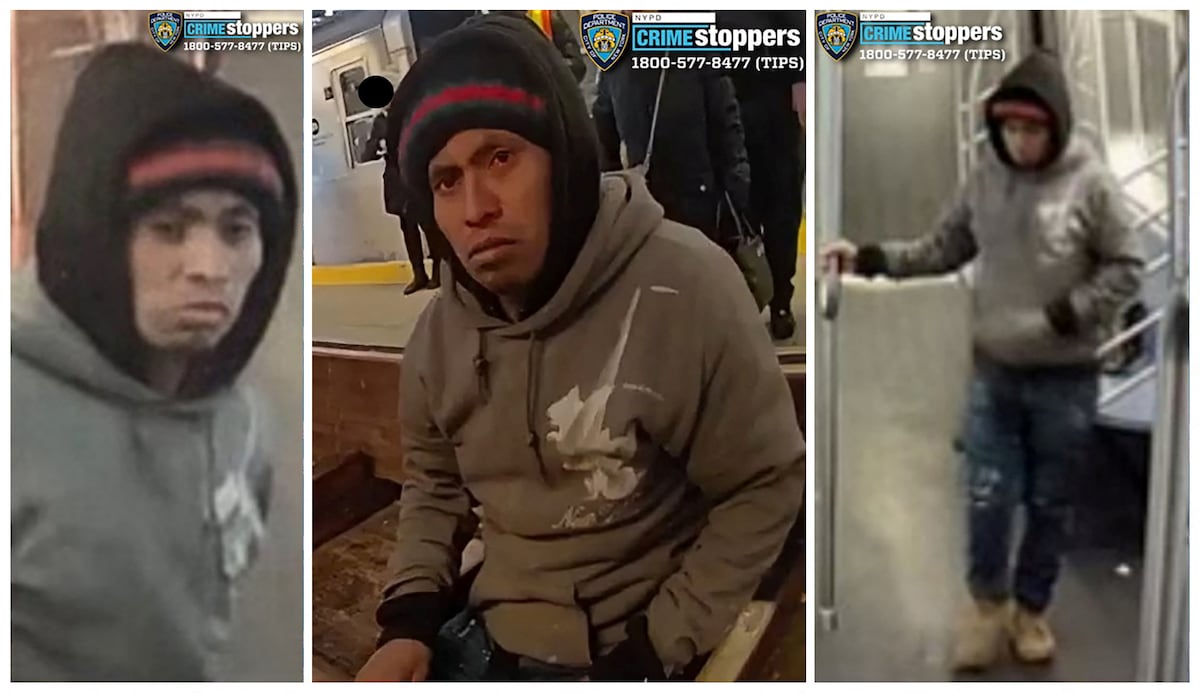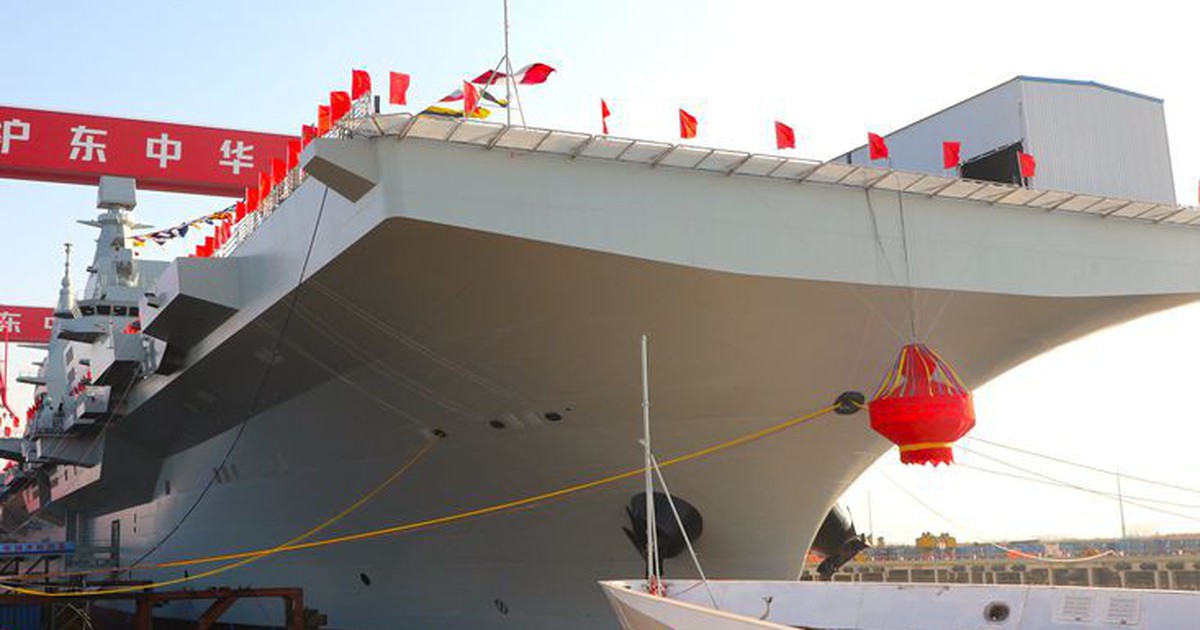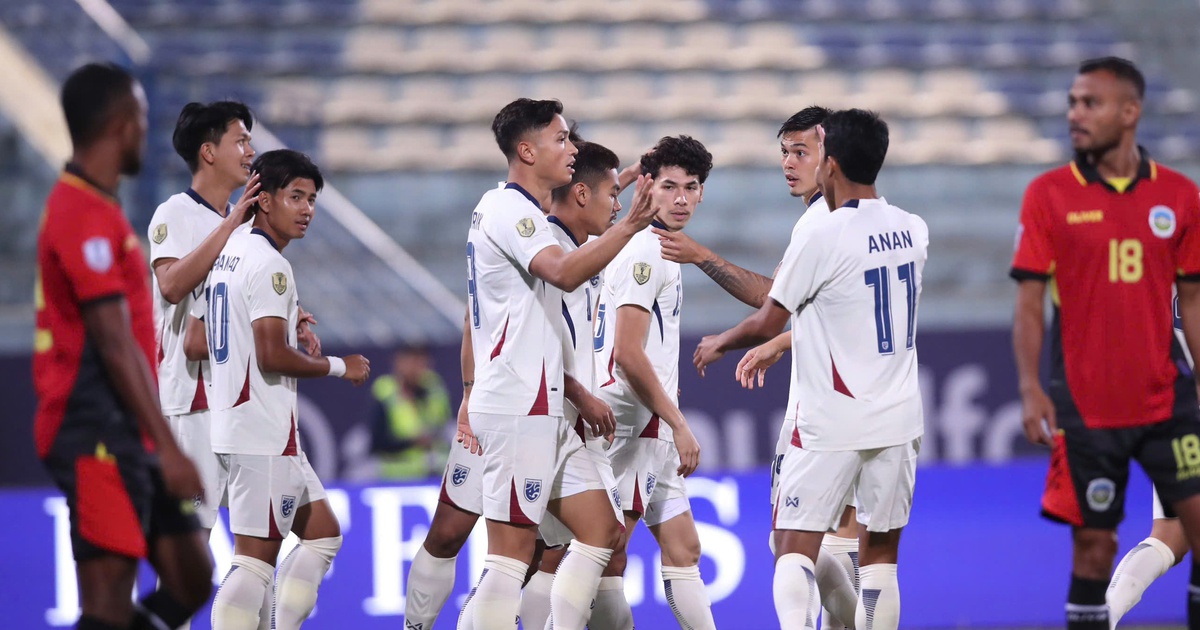Months of peaceful demonstrations against the repressive turn of the Georgian Government have led to a wave of clashes with the police in the streets of the country’s main cities. The Caucasus nation is chaining four consecutive days of protests after the Government announced the suspension of its accession to the European Union. This Sunday’s clashes culminated in at least 44 people being treated in a hospital, according to the Ministry of the Interior. The police have indiscriminately used tear gas and water cannons against the protesters, who in turn used flares and incendiary devices, according to images broadcast by official media. At least 224 people have been arrested these days, including journalists and an opposition leader who was released after a few hours.
Since the beginning of November, the opposition was on a war footing and had called for continued demonstrations in the streets in protest of what it considered a “large-scale fraud” in the elections of October 26, in which Georgian Dream revalidated its absolute majority with support much higher than expected. However, the protests had been declining until last week, the Government announced that it was postponing the accession process to the European Union until 2028 – which, according to surveys, more than 80% of the population supports – which has inflamed the spirits.
Sunday’s protests were the largest in recent memory, and in addition to Tbilisi, they spread to numerous cities in the country. Tens of thousands of people gathered on Rustaveli Avenue in the capital and the police had to take refuge behind metal panels installed on the steps of the Parliament building, where protesters launched numerous fireworks. About twenty officers were injured, according to the Ministry of the Interior, as well as a large number of protesters against whom the police charged.
“Systematic beatings”
“Most of the arrested protesters have head injuries, broken bones in their faces, open wounds. They have been subjected to systematic beatings to the point of being transported to overcrowded detention centers, according to lawyers,” denounced the president of Georgia, Salomé Zurabishvili, confronting the Executive.
The protest in Tbilisi lasted until 6:30 in the morning (three hours less in mainland Spain), when riot police charged against the barricades set up by the protesters. The police chased the protesters throughout the center and even into the subway stations, harshly repressing them. Civil society organizations and the European Union have criticized the police violence of recent days.
Among those detained is Zurab Japaridze, one of the leaders of the Coalition for Change, the opposition group that garnered the most support in the last elections. “Zurab and others were detained at Vake Park, which is five kilometers from Rustaveli Avenue. It seems that they are not going to be limited to the surroundings of Parliament, but that the repression is going to extend throughout the city. [El Gobierno] “It is becoming more brutal every night, and arresting an opposition leader is not an isolated incident,” says Nino Dolidze, from the Coalition for Change, in statements to Morning Express.
Within hours, Japaridze was released under the immunity granted by his status as an elected parliamentarian. “The rest [de los detenidos] They remain under arrest and we know almost nothing about them,” added Dolidze, who claims to fear that the repression against members of the opposition will intensify (before the elections, Georgian Dream had promised to outlaw several opposition parties).
Ironically, all opposition members, including Japaridze, have resigned from taking up their seats and have asked the Electoral Commission to annul their membership certificates, but Parliament has not yet officially taken note of these resignations. This is because, according to the Constitution, for the legislative body to acquire full powers, it must be recognized by at least two-thirds of the elected deputies, but Sueño Georgiano only has 89 of the 150 seats. Hence, the opposition considers all current parliamentary actions to be illegitimate, including the re-election of the Government, which took place last week.
Priests have also joined the protests, an important support in a country where the influence of the church is very profound and where ecclesiastical leaders had requested a vote for the ruling party due to its ultra-conservative turn in recent years. There were also cultural personalities. “Three robocops[policías] They took me to a side street and asked me where my friends were. When I responded, one of them hit me twice on the head. “My nose bled twice,” actress Natia Bunturi reported to the media. Publica. The artist was one of the dozens of people injured by police repression in the protests.
Support from large companies
Some large companies in the country have also expressed their support for the protests. Among them two large financial entities, Bank of Georgia and TBC Bank; telecommunications companies Magticom and Silknet; construction giant Orbi; and Georgia’s largest automobile dealer, Tegeta.
“For Bank of Georgia there is no alternative to European integration. “Do not stop on the way to Europe,” the financial entity has proclaimed on its social networks. “The Orbi Group supports Georgia’s European future. “Reject violence, advance towards Europe, Georgia will win!” declared the construction company.
The UN special rapporteur for freedom of demonstration, Gina Romero, has denounced the violence used by the police, while the OSCE, which validated the October elections, has called the intervention of the agents “a serious violation of the right to freedom of peaceful assembly.”
Georgian Dream has tried to appease the population by qualifying its turn towards Europe. “We are committed to European integration and we will continue on our path towards the European dream,” Georgian Prime Minister, Irakli Kobakhidze, said this weekend. His party, however, maintains an impossible balance between the promises made to its population and the ties to the Kremlin of its founder and true shadow leader, the tycoon Bidzina Ivanishvili.
“Parallels” with the Ukraine of 2013
In Russia and in Georgian Dream they see parallels between these protests and the Ukrainian Maidan demonstrations in 2013 and 2014, when the then president Viktor Yanukovych suspended the free trade agreement recently signed with the European Union under pressure from Moscow, which blocked it. transporting goods and deployed troops on its border. The wave of violence experienced on Maidan would end with Yanukovych’s flight to Russia.
“Everything that happens in Georgia is an internal matter for Georgia,” Kremlin spokesman Dmitri Peskov said this Monday. “Probably the most direct parallel is the Maidan events in Ukraine,” added Putin’s communications chief. According to Peskov, the Georgian authorities have the situation under control and Moscow “does not intend to interfere” in a crisis that, together with the recent setback of the Bashar al-Assad regime in Syria, compromises the Kremlin’s influence in two important regions for Russia.
The Georgian government has also invoked fear of another Maidan to justify its recent foreign agents law, which makes it difficult for NGOs to work in the country and endangers journalists’ sources by forcing them to reveal their names. “There is a coordinated and pre-planned strategy with foreign financing,” Kobakhidze said of the Georgian protests. “This is precisely why some individuals opposed the transparency law. “This way the revolutionary processes could be financed opaquely in Georgia,” he added.
Estonia, Latvia and Lithuania, three countries aware of the threat from neighboring Russia, have approved sanctions against the Georgian Government and have urged the rest of the European Union to follow in their footsteps. “The three Baltic countries have jointly agreed to impose sanctions against those who repress legitimate Georgian protests. Opponents of democracy and violators of human rights are not welcome in our countries,” said the Lithuanian Foreign Minister, Gabrielius Landsbergis, in his account. x.
The new head of European diplomacy, Kaja Kallas, has condemned the violence used against protesters. The High Representative for the bloc’s foreign policy recognizes that the members of the European Union disagree when it comes to adopting measures against Tbilisi. “We have different alternatives, but we must reach an agreement,” said the Estonian politician this Sunday.

